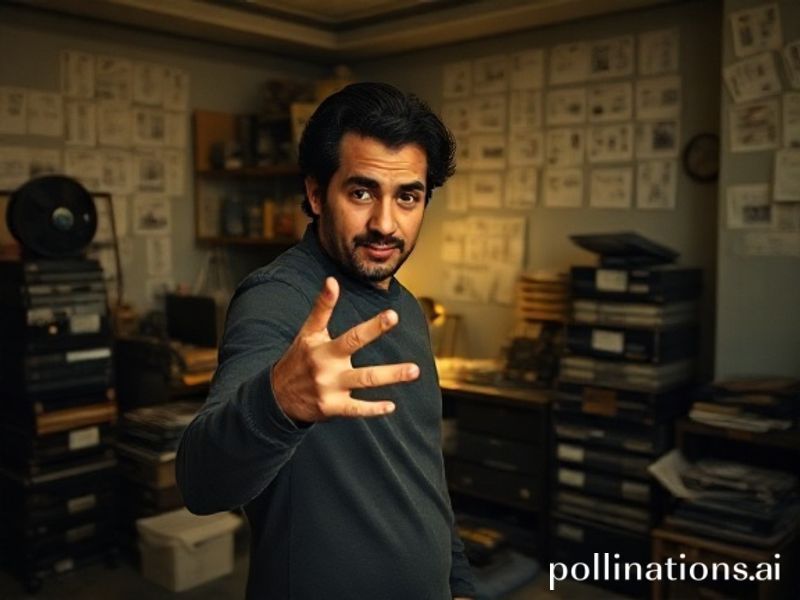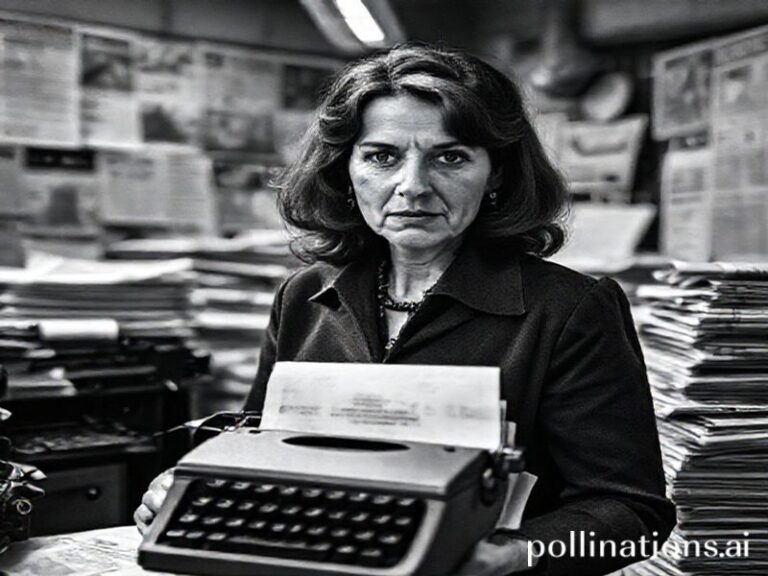benny safdie
If you stand on any international film-festival red carpet long enough, you’ll spot Benny Safdie orbiting the chaos like a benign black hole: quietly warping space-time while the rest of us scramble for canapés. The curly-haired half of the Safdie brothers has spent the past decade dragging American indie cinema—kicking, screaming, and probably high on something synthetic—into a borderless era where a panic attack in Queens is as globally contagious as a Tokyo stock plunge. His films don’t merely screen; they metastasize across continents, prompting walkouts in Cannes, standing ovations in Busan, and confused applause in Riyadh, where audiences still can’t decide if they’ve witnessed genius or a federal crime.
Benny’s shift from co-director (Good Time, Uncut Gems) to solo hyphenate actor-writer-producer is less a career pivot than a geopolitical event. Consider the butterfly effect: when Safdie signed on to play a Mossad agent in the Israeli-American miniseries “The Changeling,” Mossad’s actual recruitment website crashed—twice—from rubber-necking grad students in Berlin who suddenly fancied themselves spies. Meanwhile, in Manila, bootleg DVDs of his lo-fi anxiety thrillers are hawked as “self-help for people who hate themselves,” proving that the global south has a keener sense of irony than the algorithm ever will.
The Safdie aesthetic—neon-drenched paranoia shot through a fisheye lens of capitalism—translates to any language because debt is universal. In Mumbai, loan-shark WhatsApp groups circulate clips of Adam Sandler’s Howard Ratner mid-meltdown as cautionary tales. In Lagos, ride-share drivers quote Good Time’s Connie like scripture, muttering “I think something very important is happening around me” while gridlocked in petrol queues. Benny didn’t invent economic dread; he just gave it a Spotify playlist and a Rolex that’ll get you killed.
Now that he’s acting for other directors (Oppenheimer, Are You There God? It’s Me, Margaret), the Safdie diaspora spreads further. His portrayal of Edward Teller is basically the same twitchy Queens hustler, but with a better accent and government funding—proof that the difference between a meth binge and the Manhattan Project is merely budget line items. Foreign policy wonks in Brussels have started using “Uncut Gems scenario” in briefings to describe any escalation where all parties are over-leveraged and nobody can find the exit.
Behind the camera, Benny’s next solo directing effort—reportedly a “panic attack set in a UN climate summit”—has already triggered pre-emptive strikes on X (formerly Twitter) from oil lobby bots in six languages. Greta Thunberg retweeted the logline with a skull emoji; the Saudi delegation offered consulting services. Somewhere in Davos, a private equity bro just asked if carbon credits can be parlayed into a three-team parlay. The film hasn’t shot a frame, and it’s already the most geopolitically fraught piece of celluloid since Chaplin grew a mustache.
What makes Benny matter on the world stage isn’t auteur swagger; it’s his knack for revealing the universal solvent of modern anxiety: precarity. Whether you’re a diamond dealer in Midtown or a gig worker in Montevideo, life now feels like sprinting across a frozen lake while someone texts you the melting point in real time. Benny simply holds the camera steady so we can watch ourselves slip in hi-def.
In the end, Benny Safdie is less a filmmaker than a global stress test. Countries with robust social safety nets screen his work as dark comedy; nations without them treat it as prime-time news. Either way, the lights come up and everyone checks their phone for missed calls from creditors, ex-lovers, or the International Atomic Energy Agency. The joke, as ever, is on us—and Benny’s still in the lobby, quietly grinning like a man who just sold you your own panic attack at a 200 percent markup.







